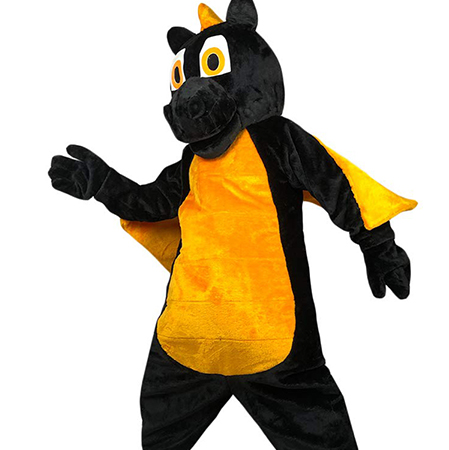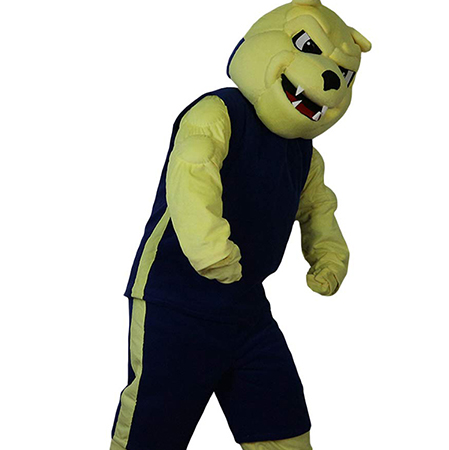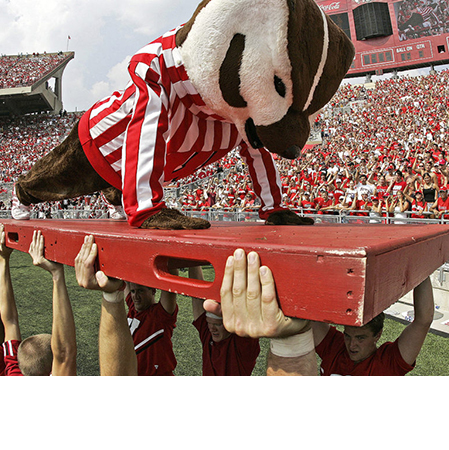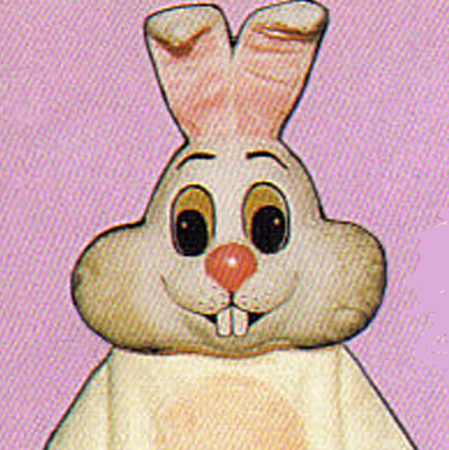In the competitive landscape of event planning, attracting a sizable crowd can often be challenging. One effective strategy to enhance ticket sales is by incorporating mascot costumes into your promotional efforts. Mascot costumes offer an engaging and memorable way to captivate potential attendees and encourage them to purchase tickets. This article explores how these whimsical characters can become powerful marketing tools.
Mascot costumes have a unique appeal that transcends age groups. They evoke a sense of nostalgia in adults who fondly remember their favorite childhood mascots while also enchanting children with their playful and colorful designs. This broad appeal ensures that events featuring mascot costumes can attract a diverse audience, increasing the potential for higher ticket sales.

The presence of a mascot costume at an event creates a strong visual identity that can be leveraged across various marketing platforms. Whether it’s on social media, promotional posters, or advertisements, mascot costumes stand out and make the event more recognizable. This enhanced visibility helps to generate buzz and excitement, prompting more people to buy tickets and attend.
Engaging with fans is another significant benefit of having mascot costumes at events. Mascots can interact with attendees in ways that traditional advertising cannot. By taking photos, participating in games, and engaging in playful banter, mascots create memorable experiences that attendees want to share with friends and family. This word-of-mouth promotion can lead to increased interest and ticket sales as more people hear about the fun they are missing out on.

Moreover, mascot costumes provide excellent opportunities for creating compelling content. Event organizers can use mascots in promotional videos, live streams, and interviews, making their promotional campaigns more dynamic and engaging. High-quality content featuring mascot costumes can go viral, expanding the reach of the event and drawing in even more ticket buyers from different regions.
Another advantage of incorporating mascot costumes is the ability to build brand loyalty. Consistent use of a beloved mascot can cultivate a strong emotional connection between the audience and the event. When attendees feel a personal attachment to the mascot, they are more likely to return for future events, ensuring sustained ticket sales over time.

Furthermore, mascot costumes can be customized to fit the theme and message of the event, making the marketing effort more cohesive and targeted. For instance, if the event is sports-related, a dynamic and energetic sports mascot can embody the spirit of competition and teamwork. If the event has a specific cause or charity focus, a mascot designed to reflect that cause can resonate deeply with potential attendees and encourage them to support the event.
Finally, mascot costumes add an element of fun and festivity that can differentiate an event from its competitors. In a crowded market where many events vie for attention, having a unique and entertaining mascot can set your event apart, making it the preferred choice for potential attendees looking for a good time.

In conclusion, mascot costumes are not just charming additions to events; they are powerful marketing assets that can significantly boost ticket sales. Their broad appeal, strong visual identity, engaging interactions, and potential for building brand loyalty make them indispensable tools for event promoters looking to draw larger crowds and create memorable experiences. By investing in high-quality mascot costumes and effectively integrating them into promotional strategies, event organizers can drive substantial increases in ticket sales and ensure the success of their events.
